Sing with lyrics of four eight-syllable verses, that rhyme the second and the fourth It presents numerous musical affinities with the cane and emerged as a flamenco style at the beginning of the 19th century, although there were also previously danceable folk songs with the accompaniment of vihuelas under the name polo., tambourines and lutes. Its invention is attributed to Tobalo from Ronda., although many experts do not agree at all with this premise. Currently it is a not very common song, which begins with a “he's going” which serves as a temper and is usually finished with the call soleá apolá de Triana, because polo belongs to the solearera family. It is a song that is somewhat freer than the cane regarding the improvisation possibilities of the singer, but it has a very marked ¾ beat. Among the first cantaores that literature cites as great masters of this style are Tobalo, The planet, The Fillo, Durse Job, Antonio Chacon, Pepe the Matrona, Antonio Mairena and Fosforito.
Polo
Upload/Select an audio or use external audio url to work this widget.
Upload/Select an audio or use external audio url to work this widget.
Upload/Select an audio or use external audio url to work this widget.
Upload/Select an audio or use external audio url to work this widget.
Upload/Select an audio or use external audio url to work this widget.
Upload/Select an audio or use external audio url to work this widget.
Upload/Select an audio or use external audio url to work this widget.
Upload/Select an audio or use external audio url to work this widget.
Upload/Select an audio or use external audio url to work this widget.
Upload/Select an audio or use external audio url to work this widget.
Upload/Select an audio or use external audio url to work this widget.
Upload/Select an audio or use external audio url to work this widget.



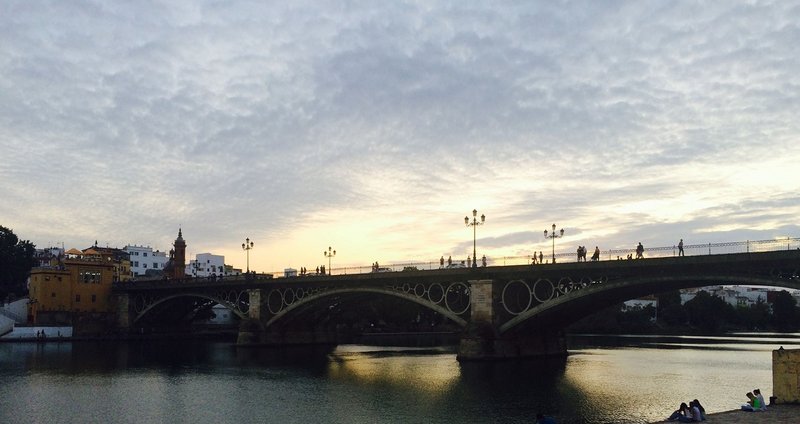 Sevilla
Sevilla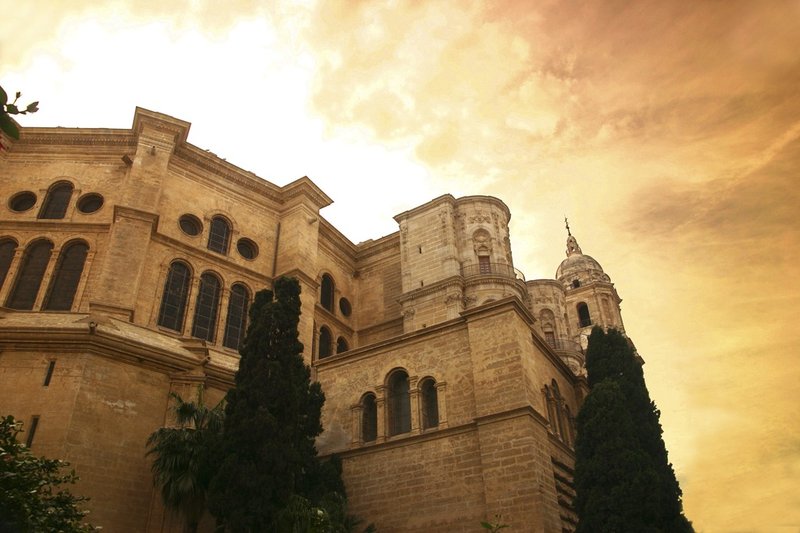 Málaga
Málaga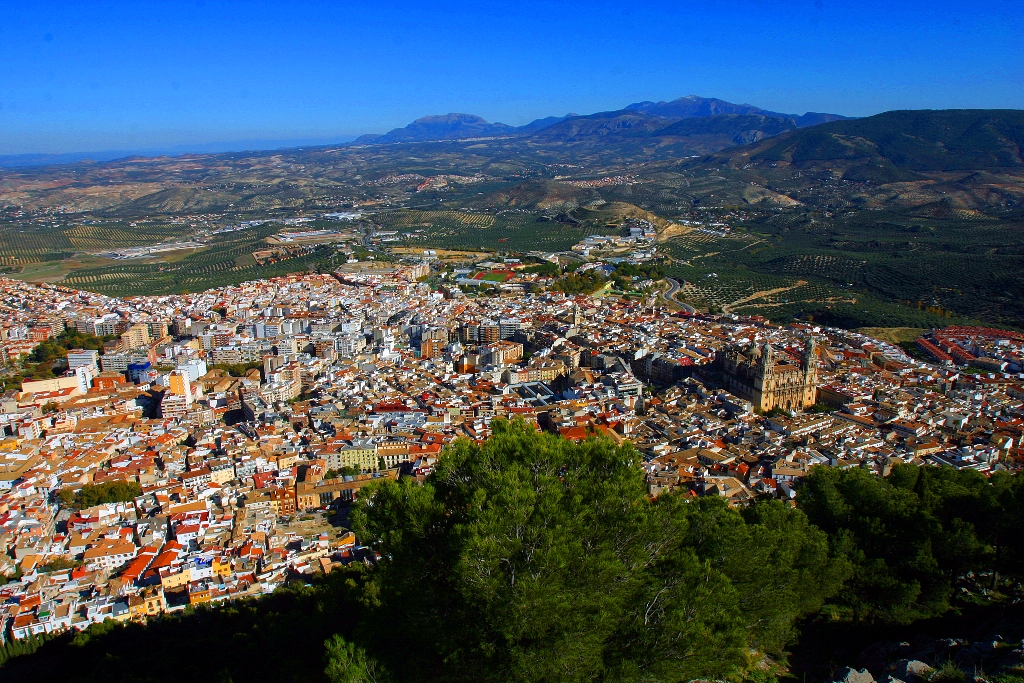 Jaen
Jaen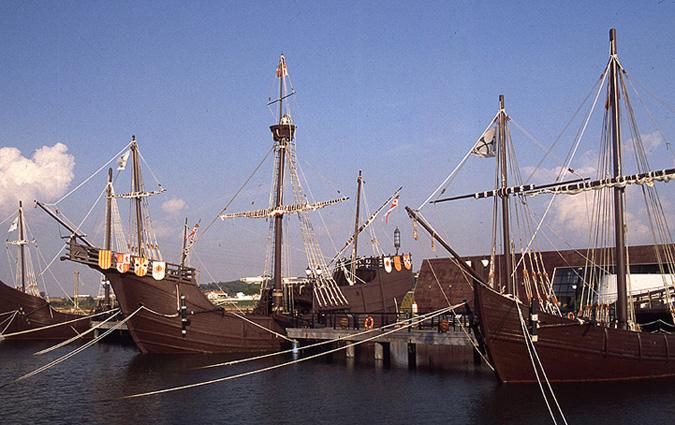 Huelva
Huelva Granada
Granada Córdoba
Córdoba Cadiz
Cadiz Almeria
Almeria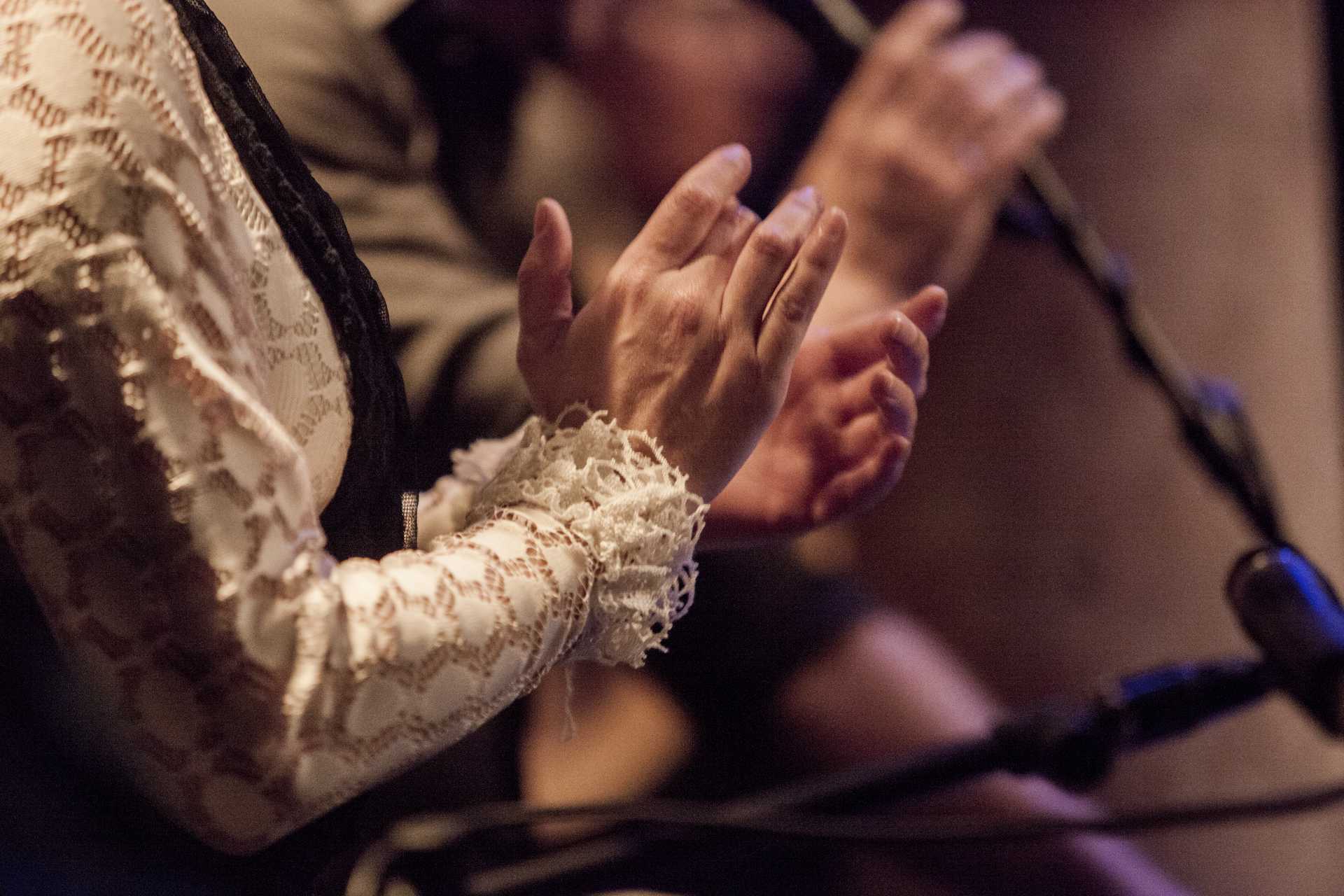 A tourist and cultural vision of flamenco
A tourist and cultural vision of flamenco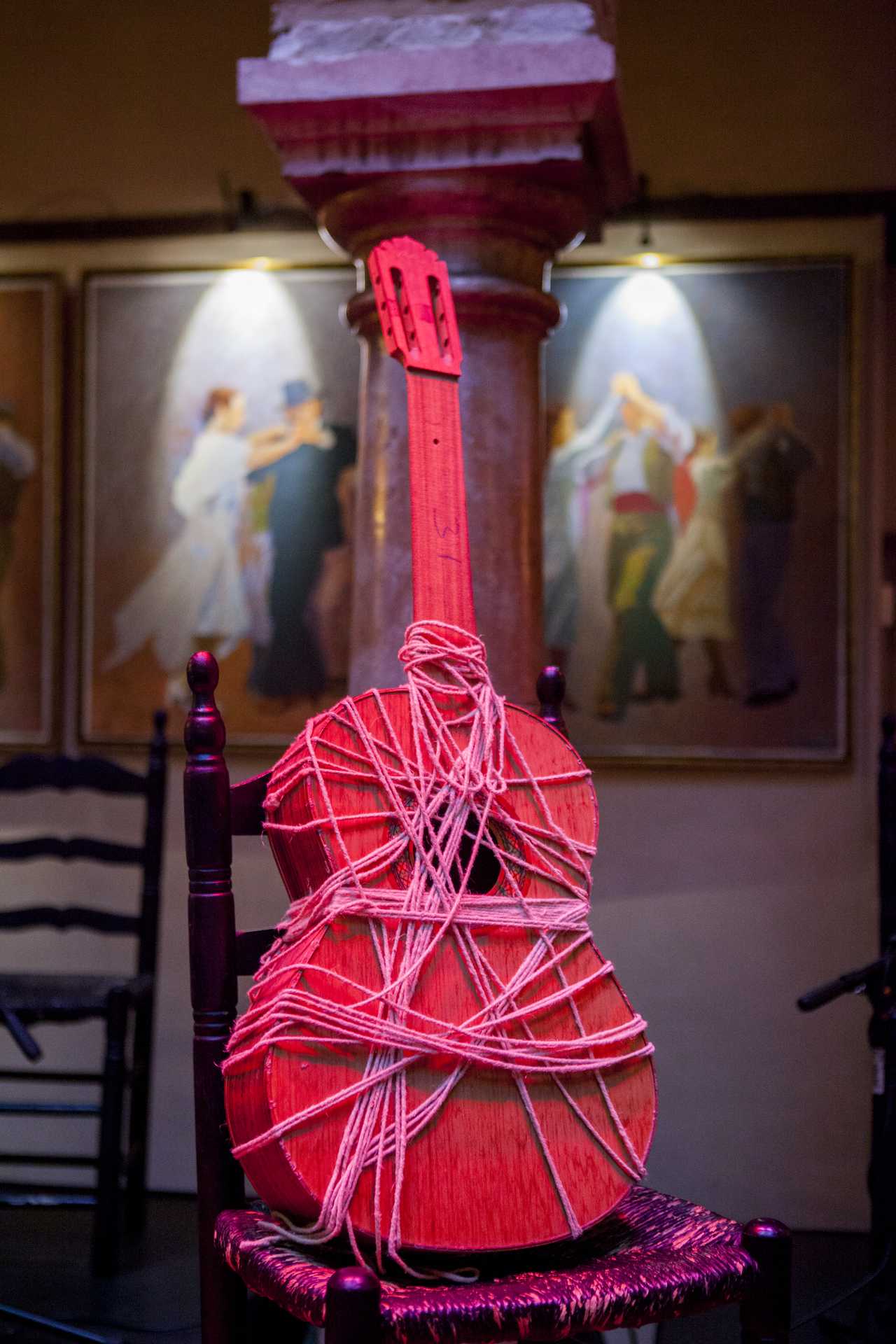 The Guitar, last to join.
The Guitar, last to join.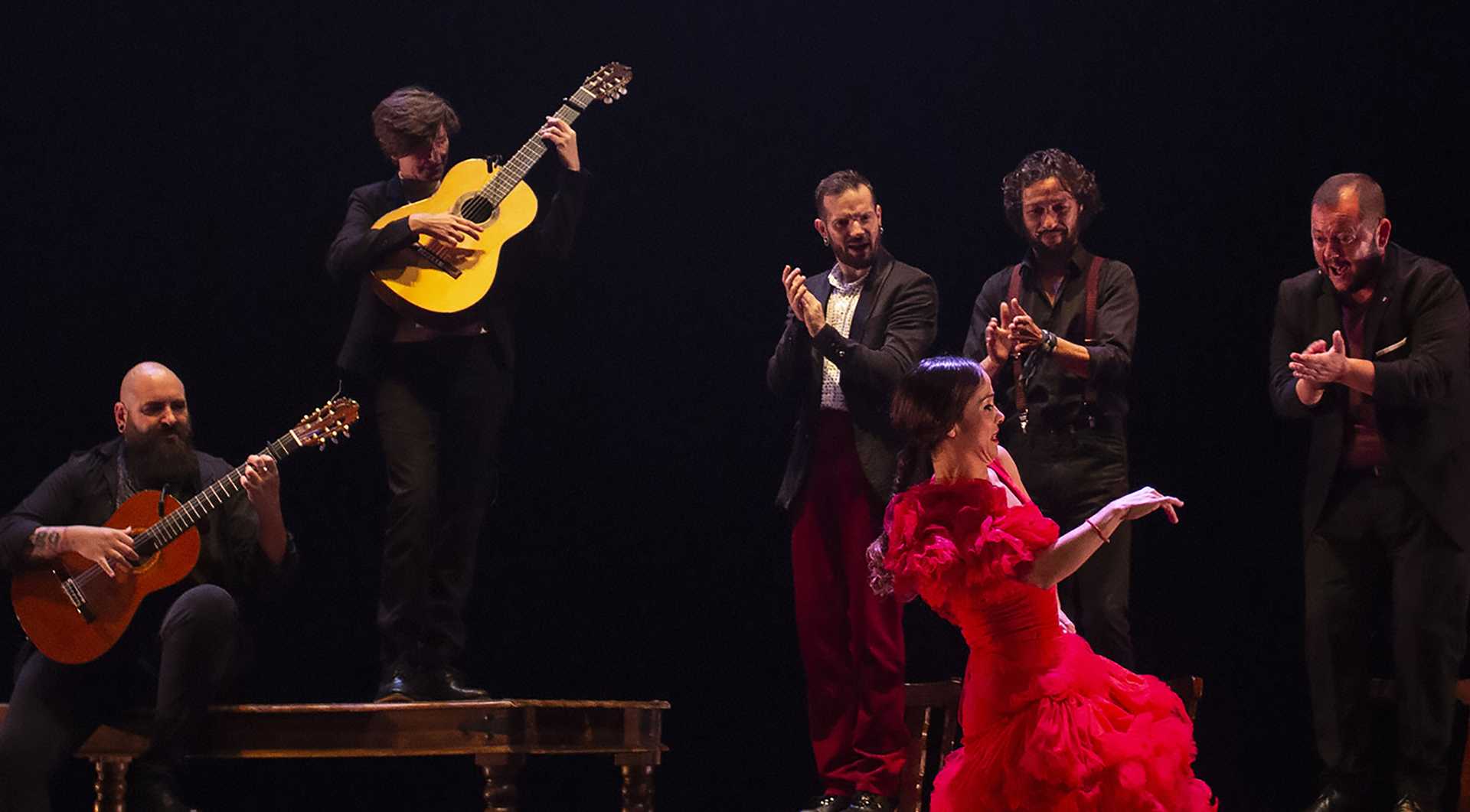 The history of flamenco with respect to its geographical distribution
The history of flamenco with respect to its geographical distribution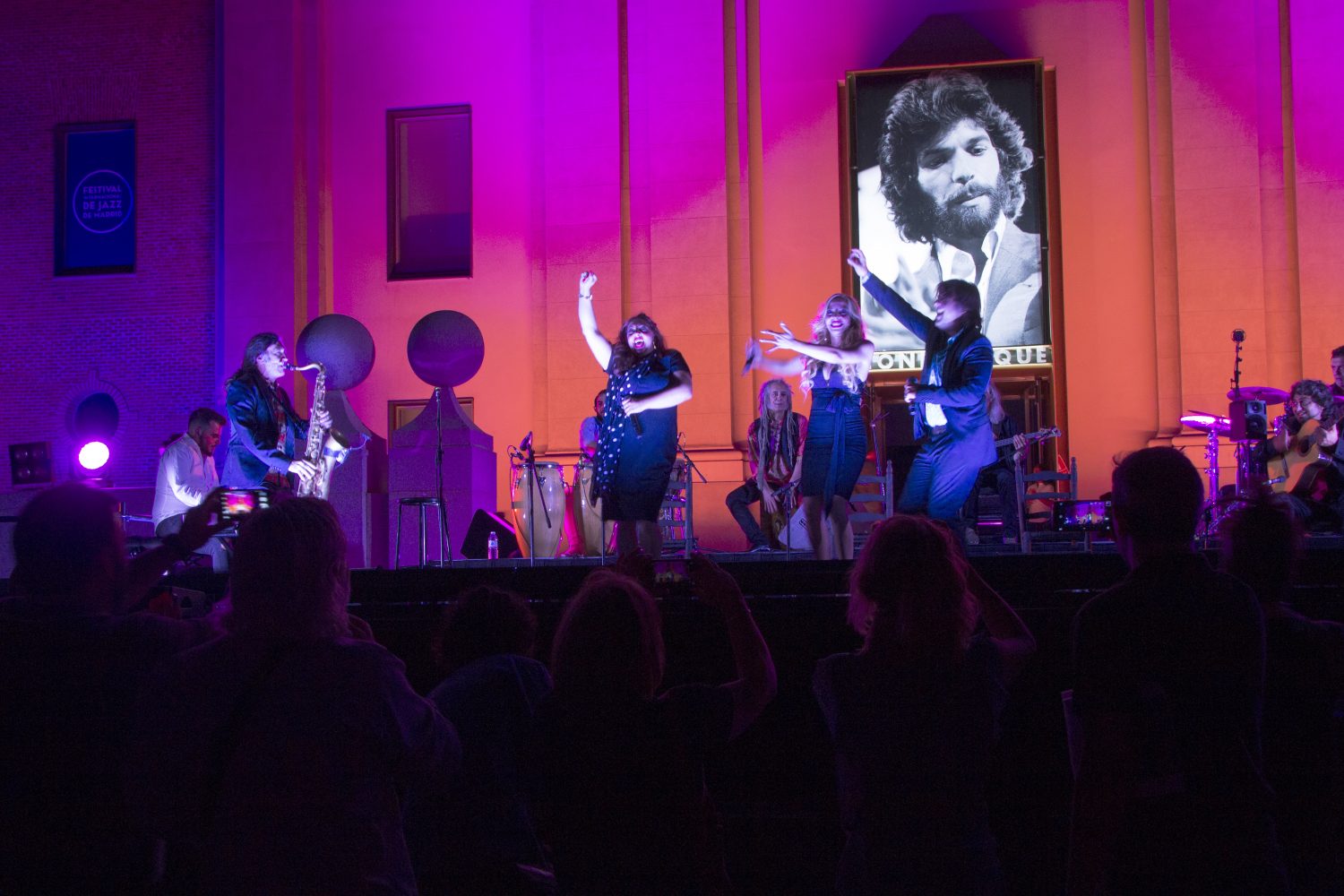 The present and future of the genre. The Fourth Golden Key of Singing.
The present and future of the genre. The Fourth Golden Key of Singing.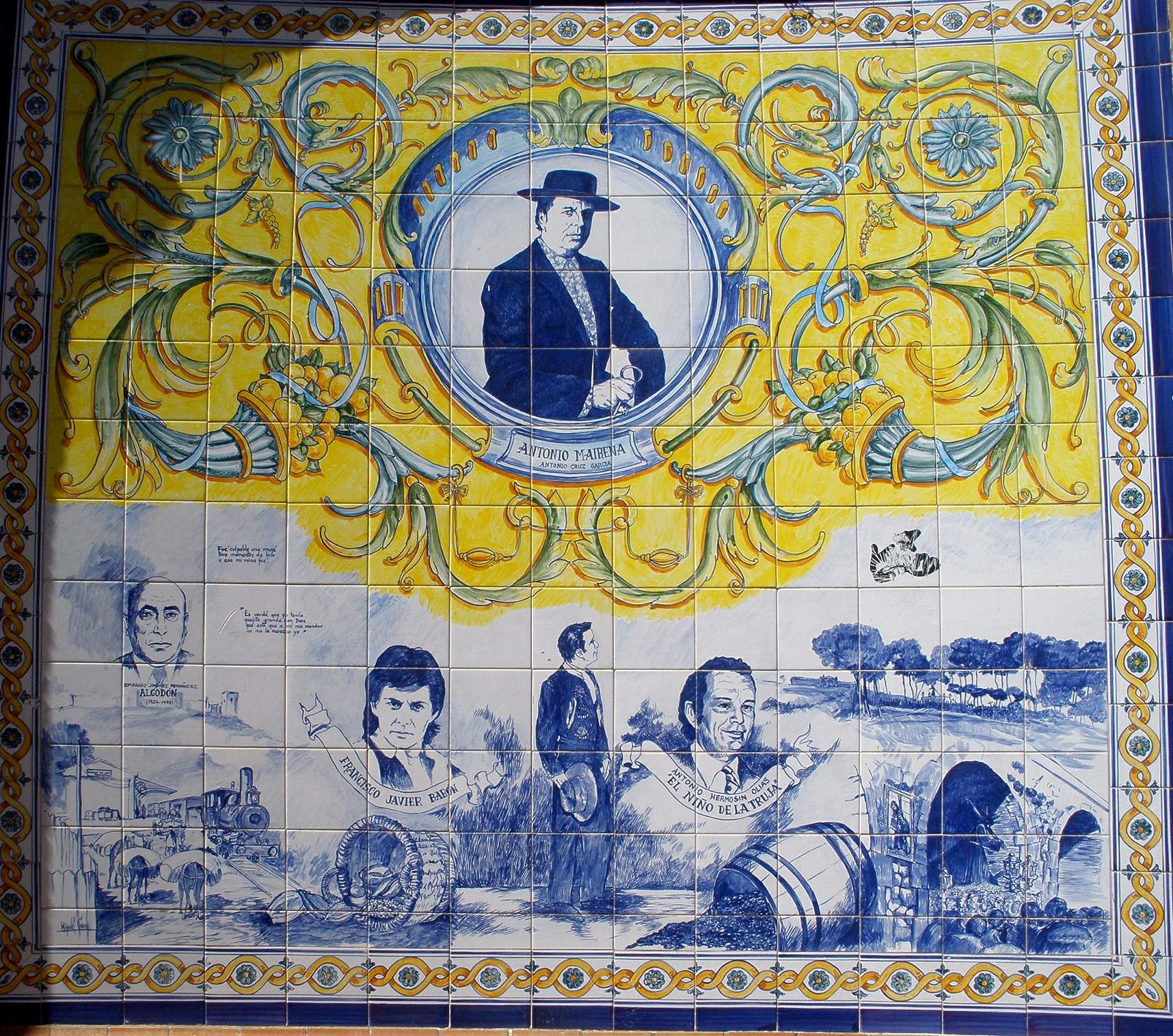 The festivals
The festivals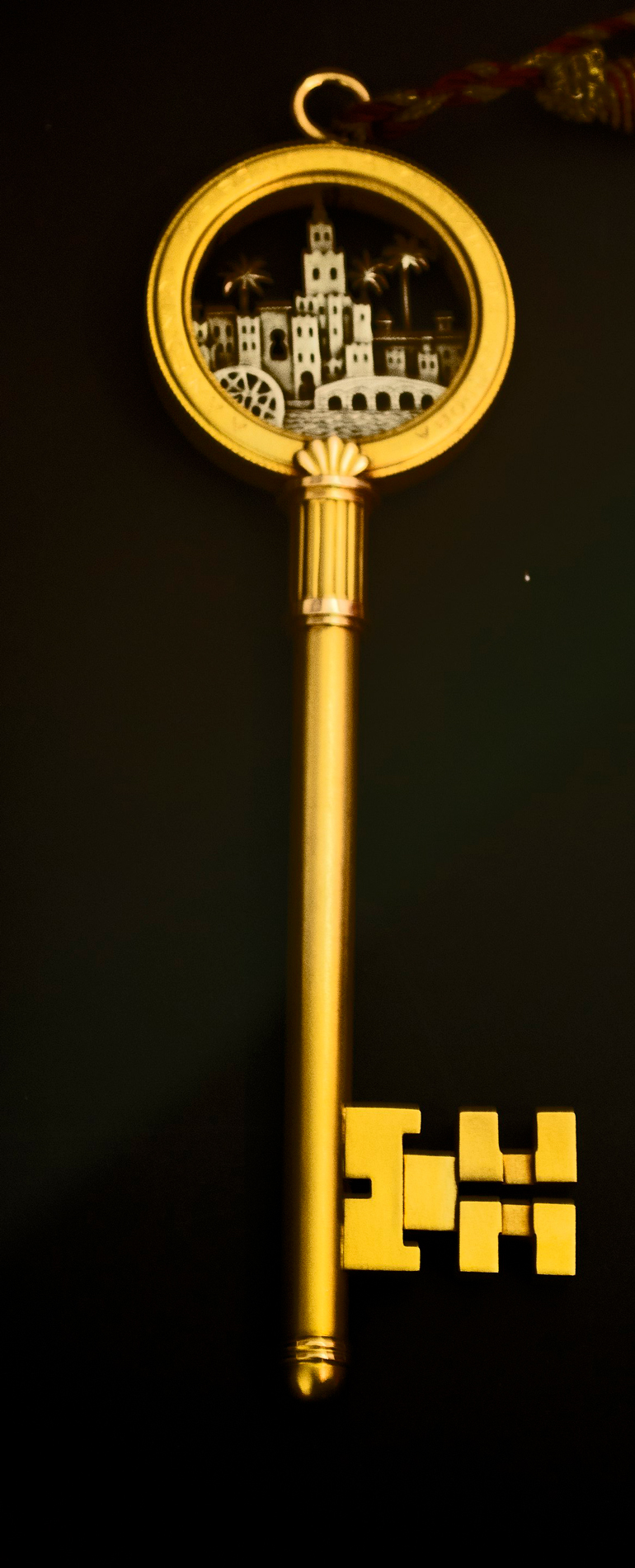 Revaluation of flamenco. Third Golden Key of Singing
Revaluation of flamenco. Third Golden Key of Singing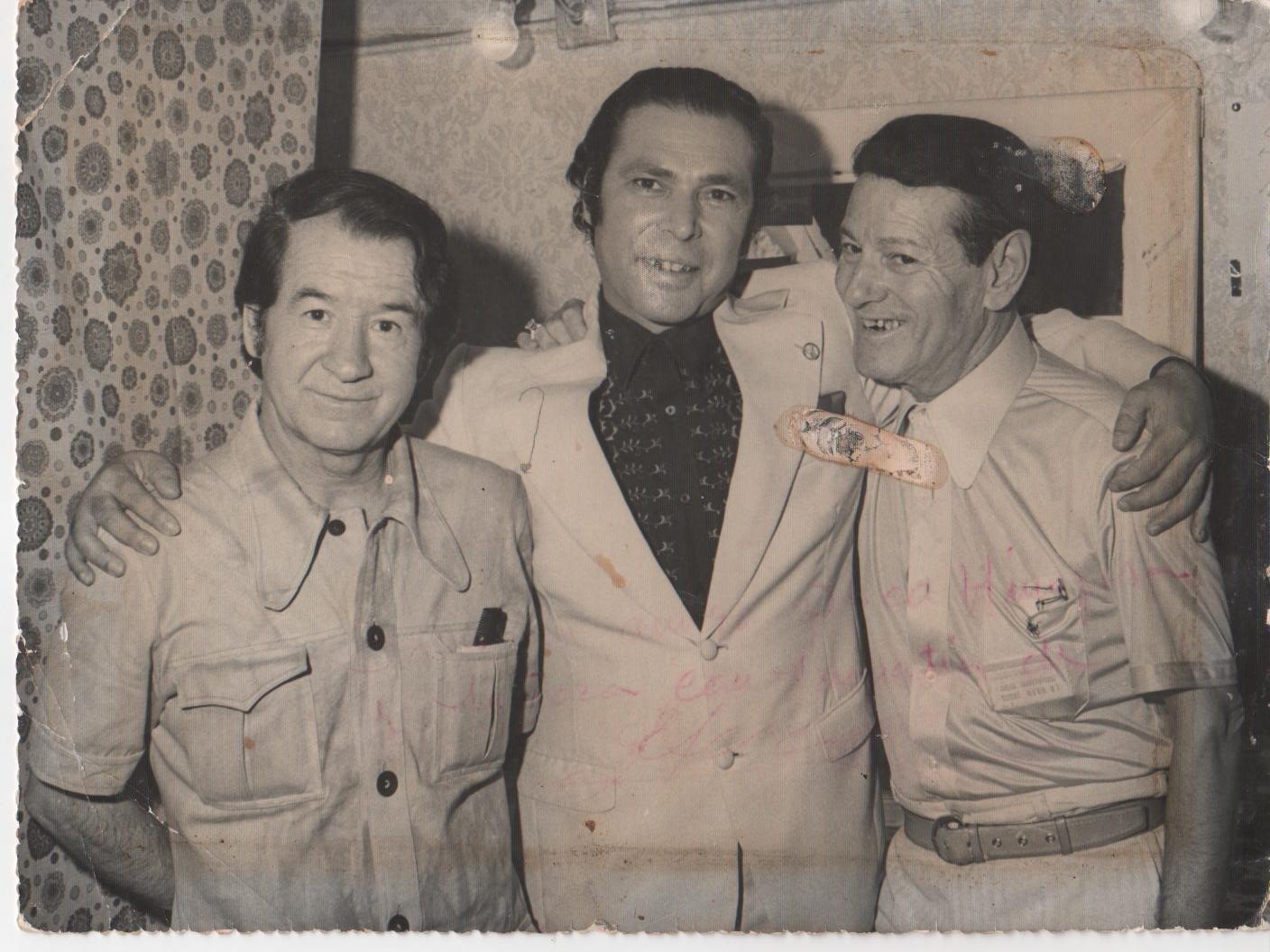 The Flamenco Opera
The Flamenco Opera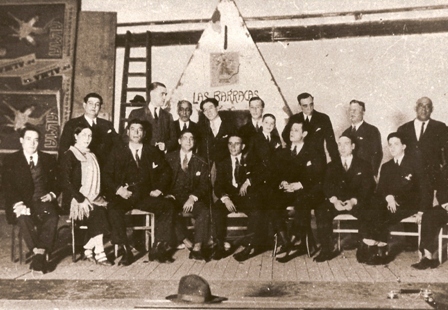 Flamenco in Madrid. The Pavón Cup. Second Golden Key of Singing
Flamenco in Madrid. The Pavón Cup. Second Golden Key of Singing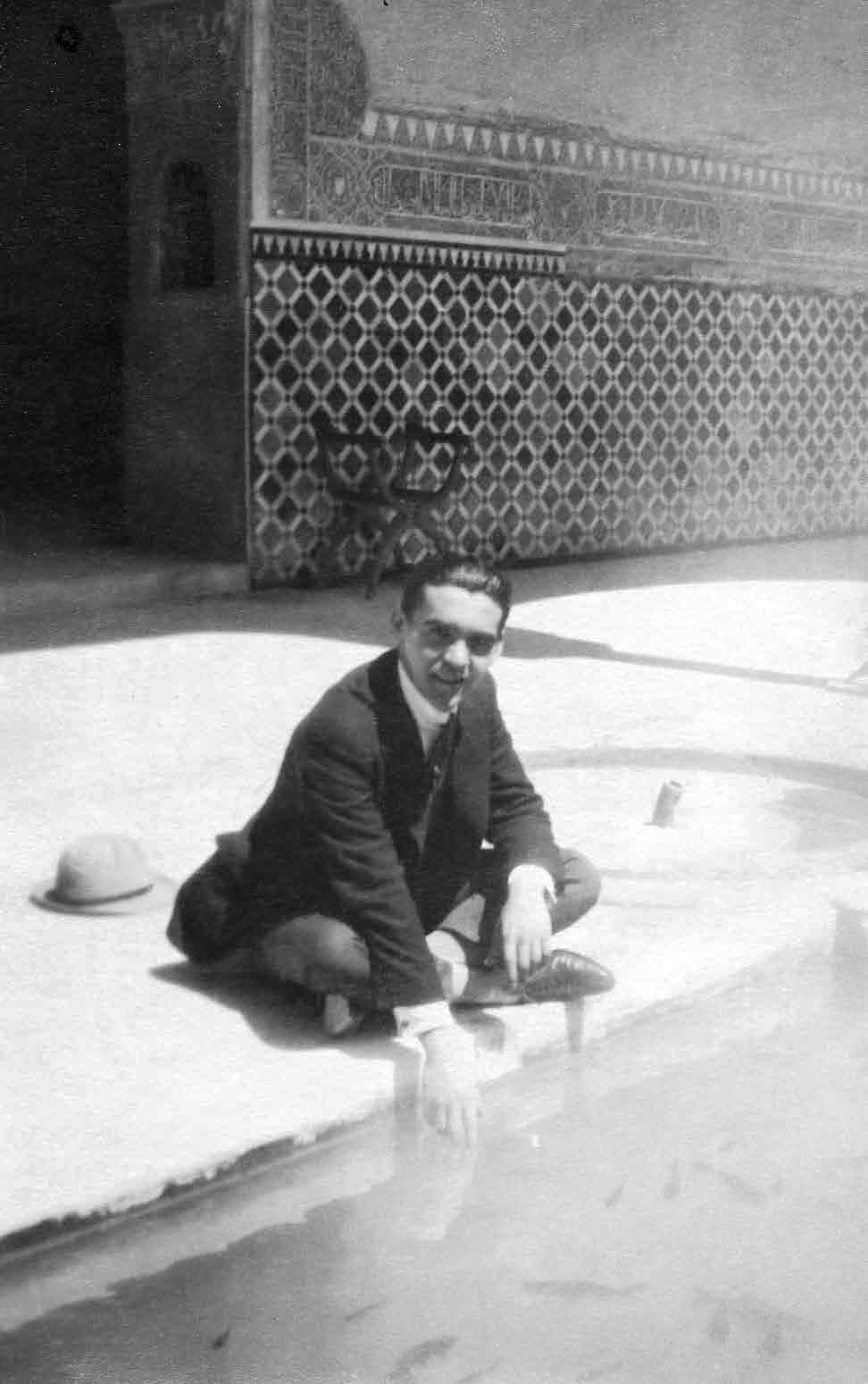 The contest that took place in 1922 in Granada
The contest that took place in 1922 in Granada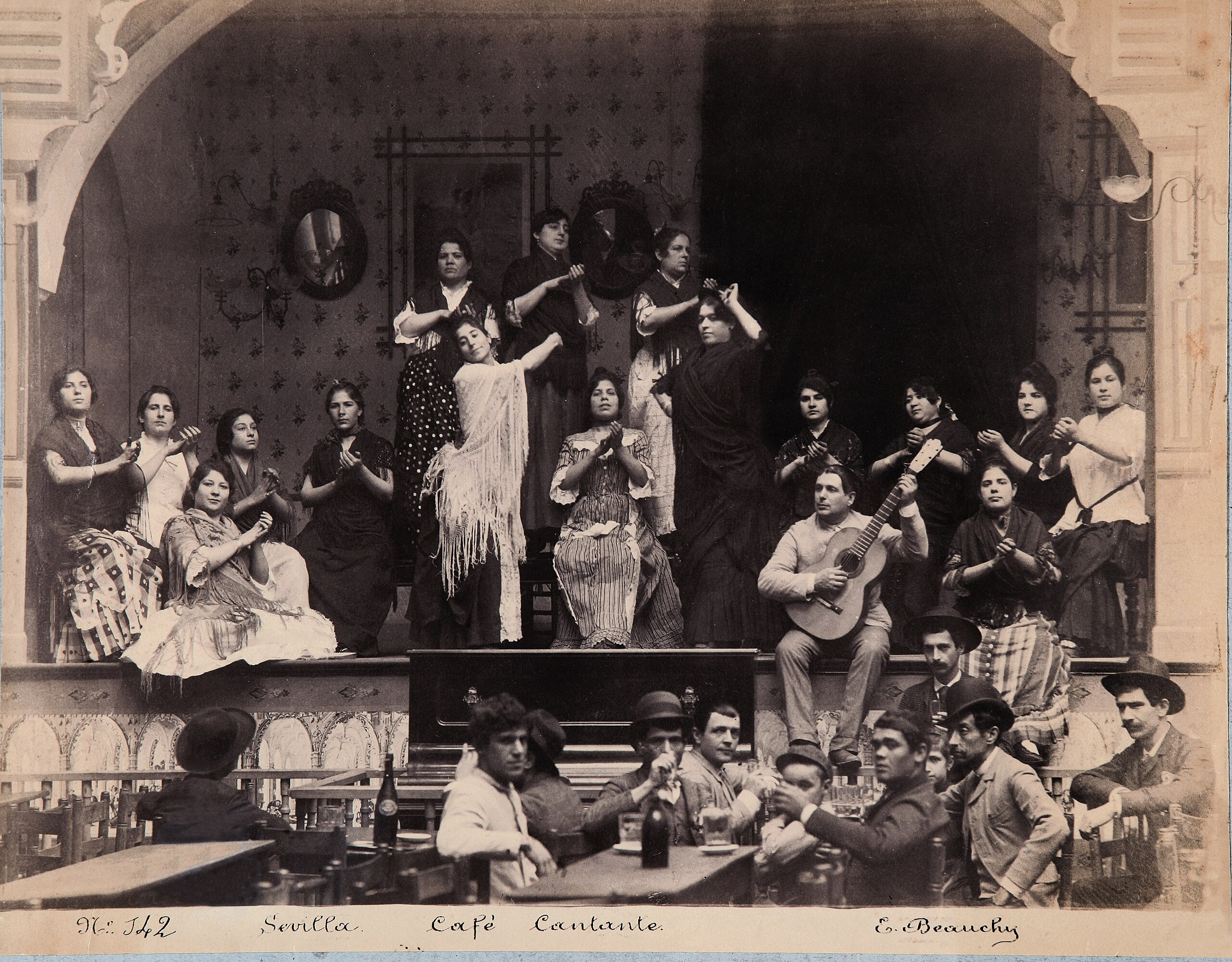 The great creators. The Golden Age. The Singing Cafes
The great creators. The Golden Age. The Singing Cafes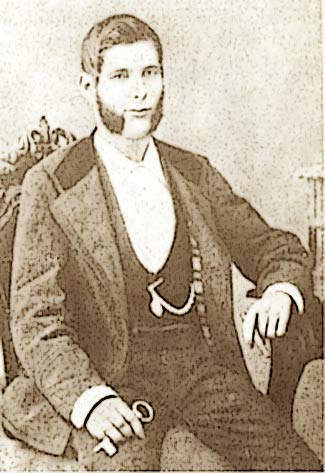 Evolution. Hermetic Stage. First singers
Evolution. Hermetic Stage. First singers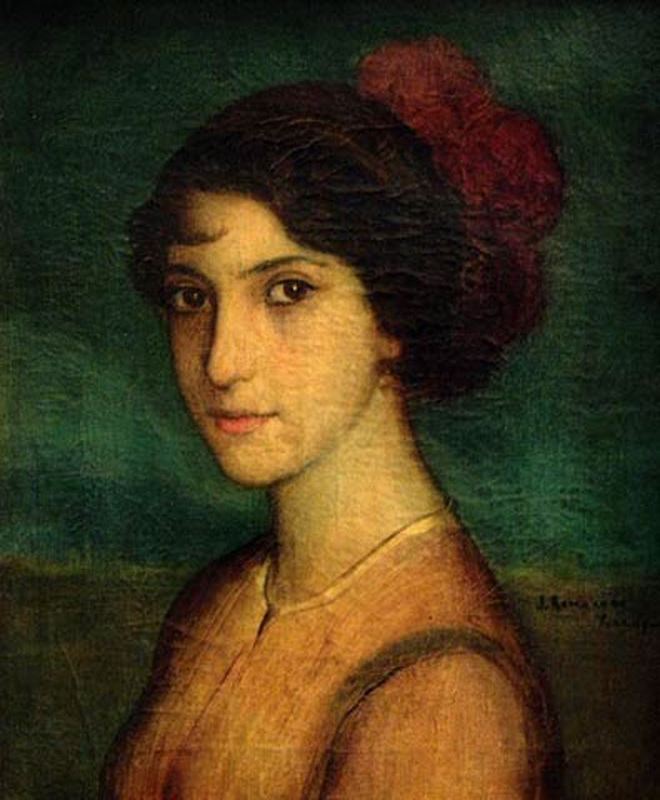 Origin of the word “flamenco”
Origin of the word “flamenco”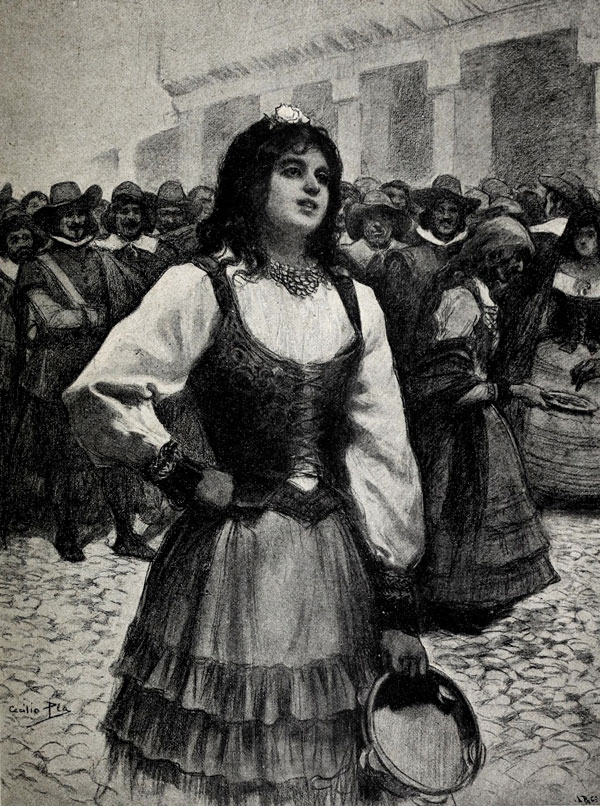 First written references
First written references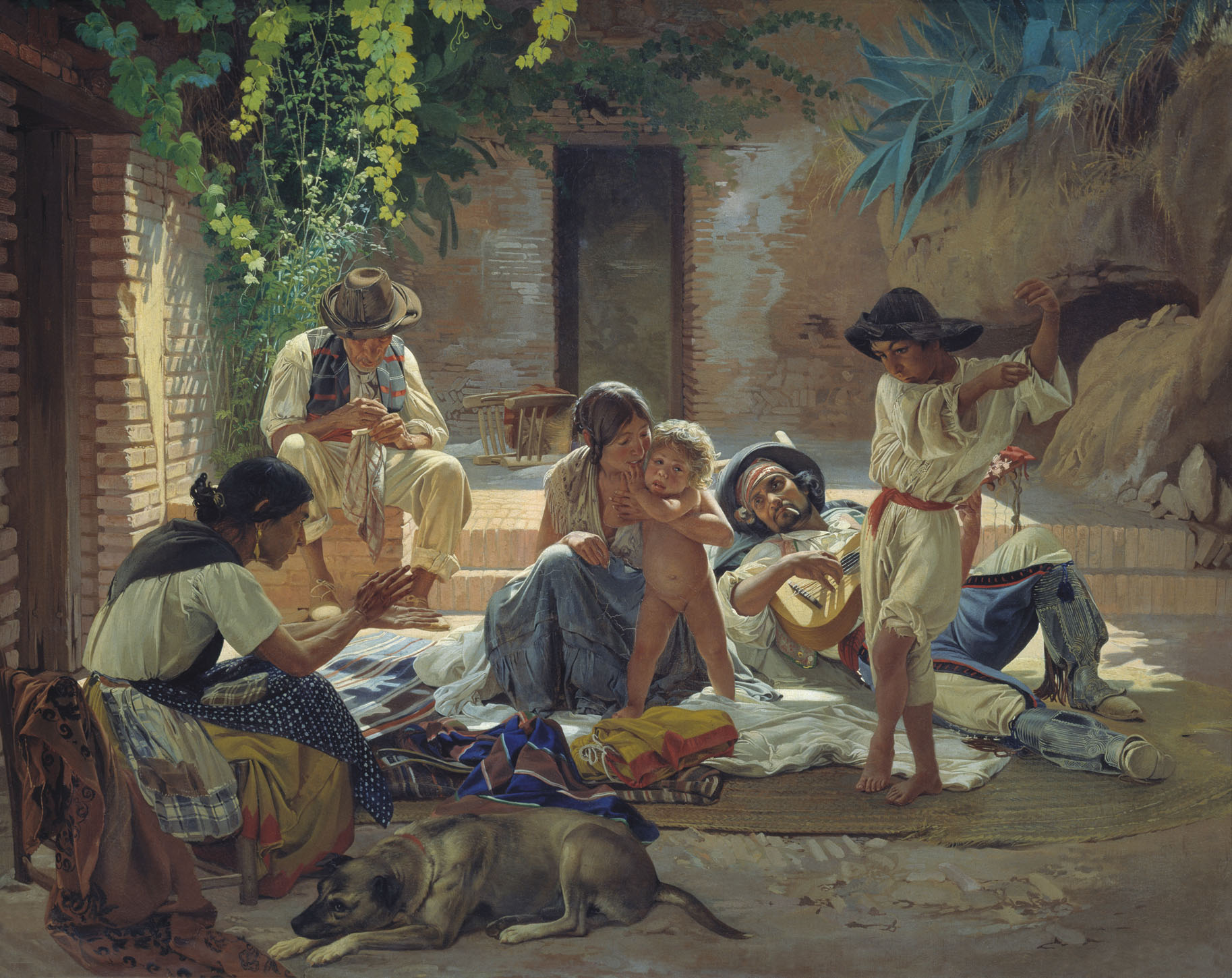 Musical background
Musical background